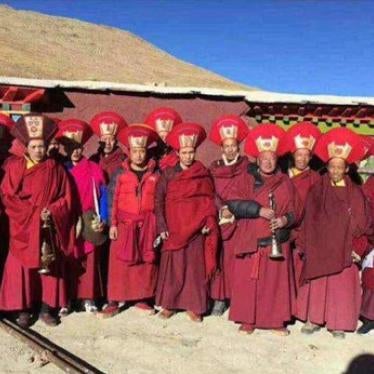(New York) -- Claiming the presence of "extremist religious forces," the government of China is suppressing peaceful political and religious activity in Xinjiang Uighur Autonomous Region, Human Rights Watch said in a backgrounder released today.
Xinjiang, a vast, oil-rich province in China's northwest, is home to 18 million people, some 40 percent of whom are ethnic Uighurs, a Muslim, Turkic-speaking ethnic group, many of whom advocate independence from Beijing. The alleged links of Uighur separatists to the al-Qaeda terrorist network is likely to be a topic of discussion at the Asia-Pacific Economic Cooperation summit in Shanghai this weekend, where President Bush has put anti-terrorism efforts high on the agenda.
The Chinese government has thus far not made public any credible evidence of links between separatist organizations in Xinjiang and the al-Qaeda network.
"Some individual Uighurs have made their way to Afghanistan, but that hardly justifies the broad crackdown now underway," said Sidney Jones, Asia Director of Human Rights Watch. "APEC leaders should make it clear that the global effort against terrorism does not give China a blank check to suppress the basic rights of the Uighur community."
The backgrounder outlines the different separatist organizations that have emerged in Xinjiang, some of them violent, and recognizes China's legitimate security concerns. It notes, however, that these are overwhelming nationalist, not Islamist, in nature, and there is no indication of Muslim Uighurs in Xinjiang reaching out to other ethnic groups of the same faith.
Moreover, in its campaigns to "rectify social order" in Xinjiang, Chinese authorities have arbitrarily arrested many Uighurs not involved in separatist movements; closed mosques, schools, and Uighur-owned enterprises; and sentenced thousands of people to harsh prison terms after summary judicial procedures.
Imams are required be members of the "patriotic clergy" and to "stand on the side of the government" or face retaliation in different forms. Muslim students in all state-controlled institutions are not allowed to pray, keep the fast during Ramadan, or otherwise obey the precepts of Islam.
Suppression of social organizations has been so harsh that the number of such organizations in Xinjiang's capital, Urumqi, declined by 50 percent between 1996 and 1999, according to official government figures.
The backgrounder notes that the Chinese government has provided diametrically opposed assessments of the security situation to different audiences. As part of its campaign to encourage foreign investment in western China, including Xinjiang, Chinese authorities insist that the situation is stable and secure, and only a handful of people are engaged in separatism. When the government wants international support for its campaign to eradicate opposition to Chinese rule in Xinjiang, however, it raises the spectre of Islamic terrorism.
"Leaders meeting with Jiang Zemin at the APEC summit should underscore the need to distinguish between violent criminal acts and peaceful political and religious expression," said Jones. "They should not let China escape its international obligations to respect human rights as a reward for coalition membership."





